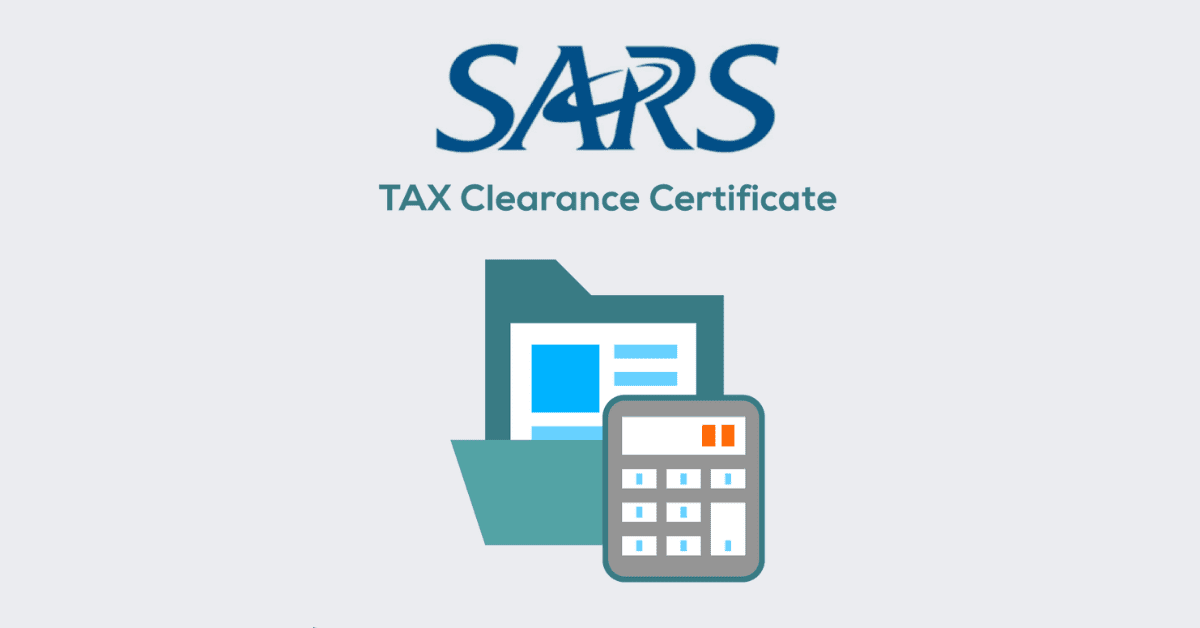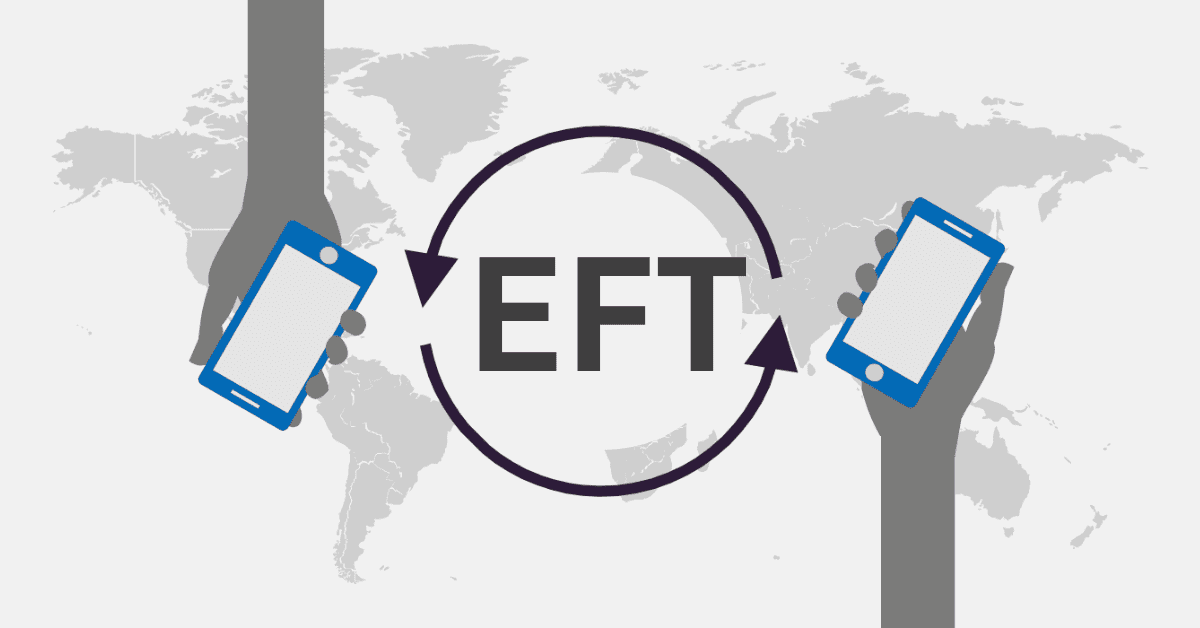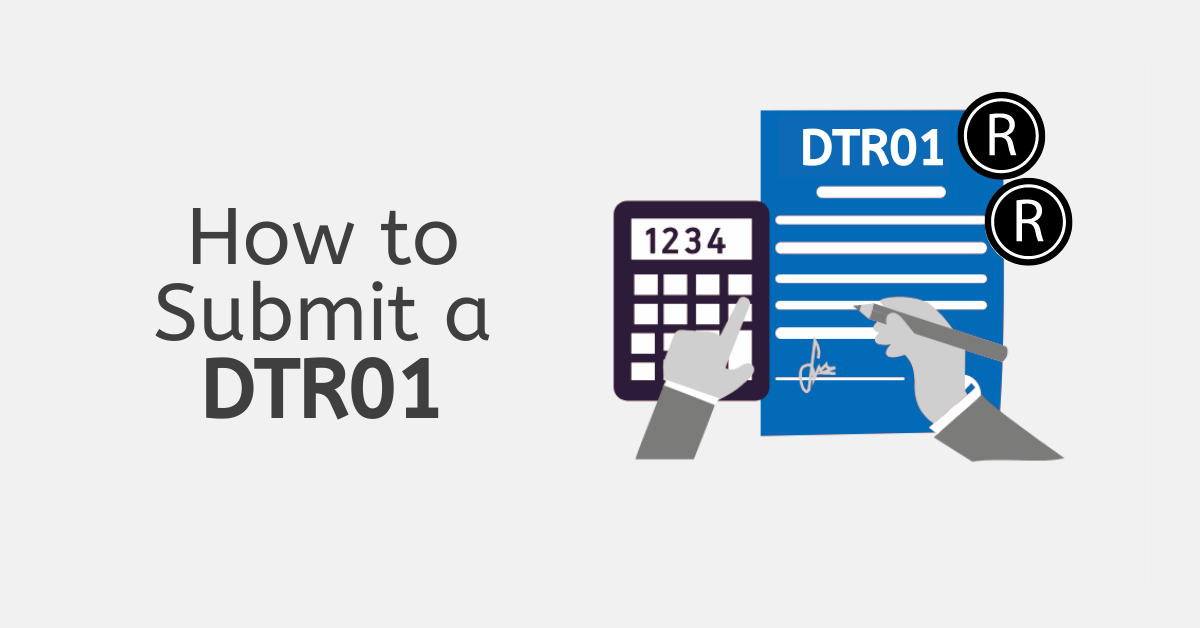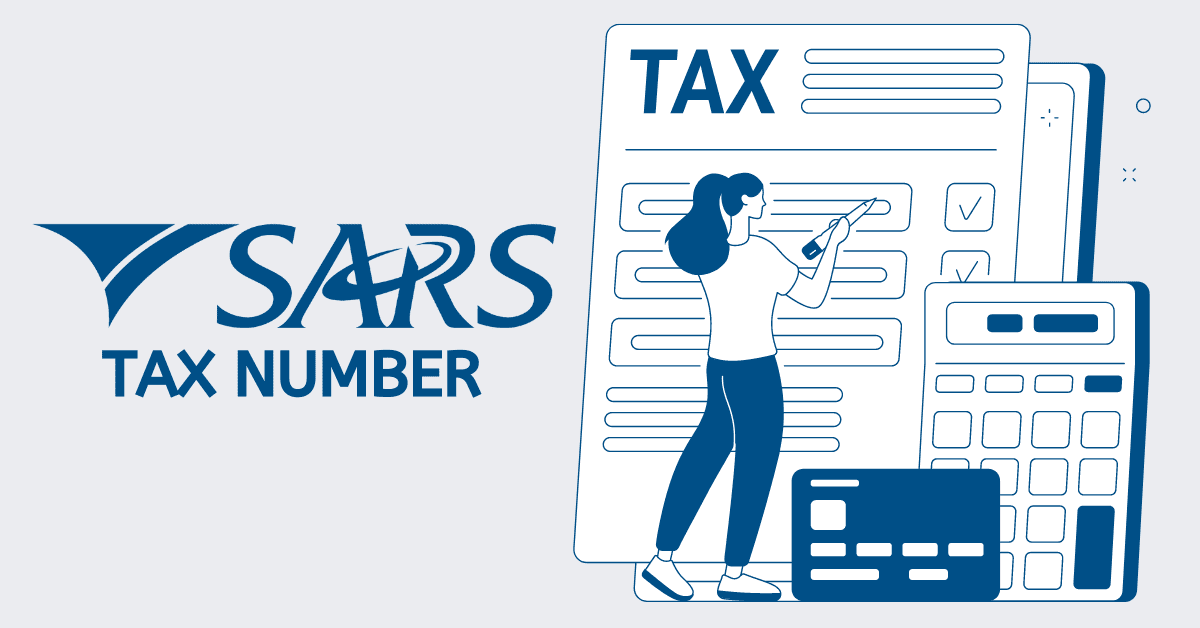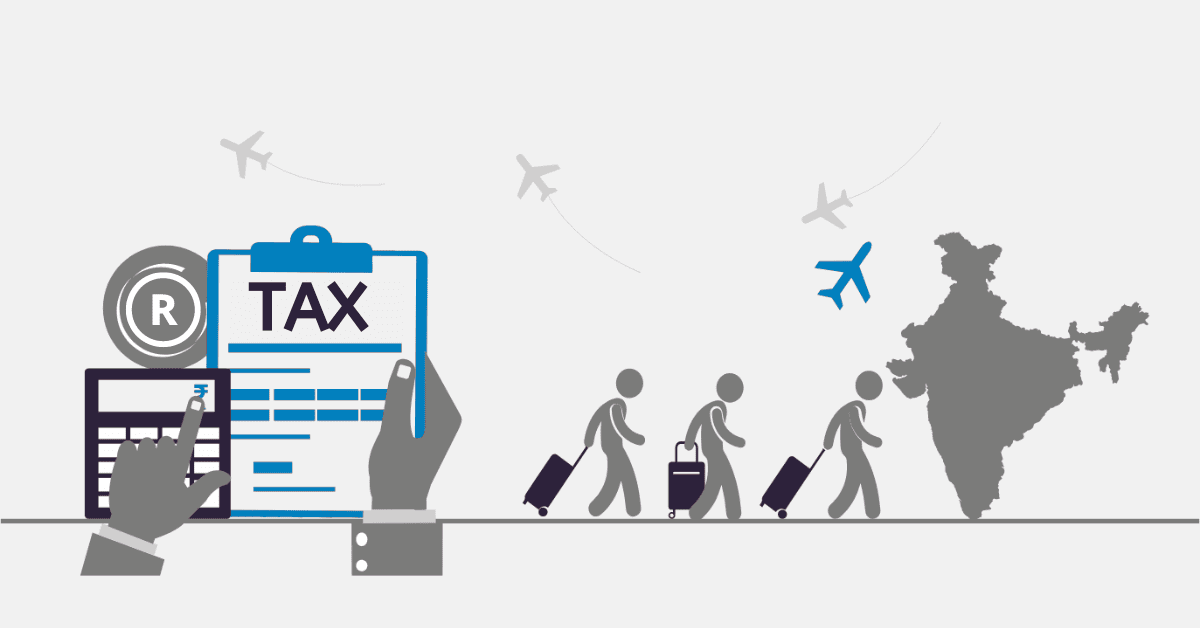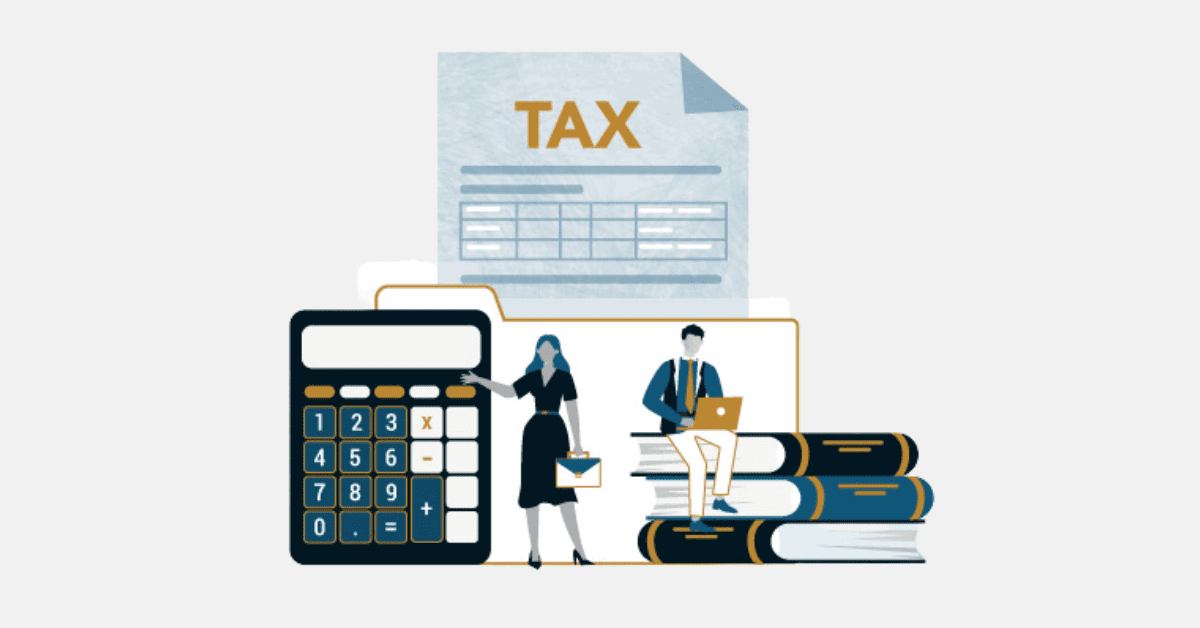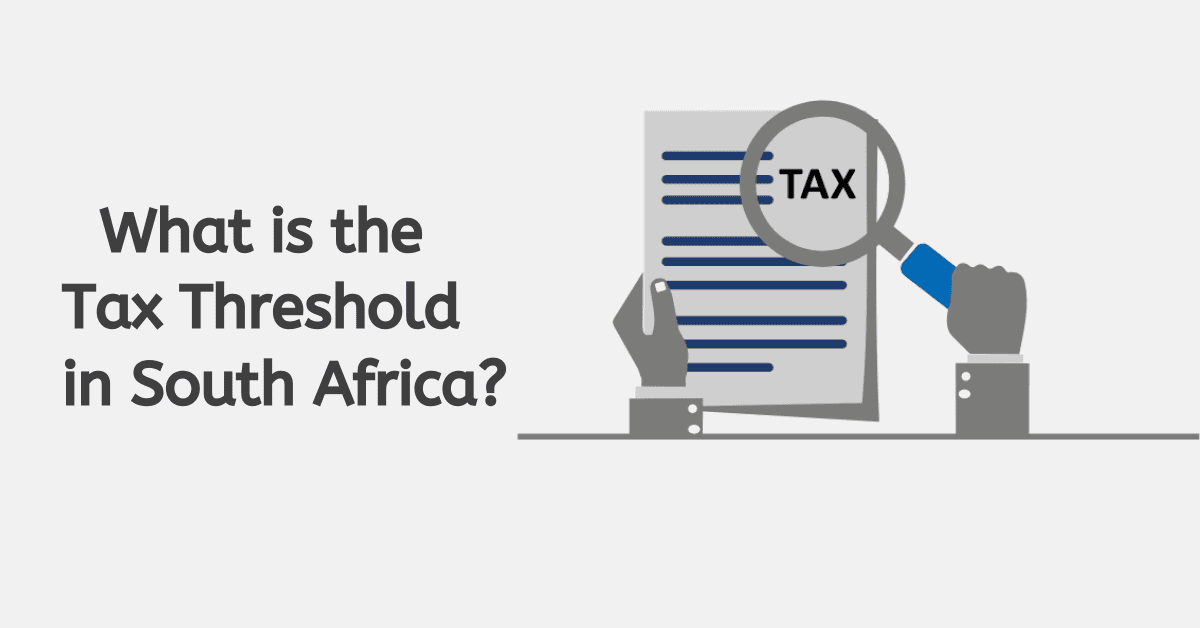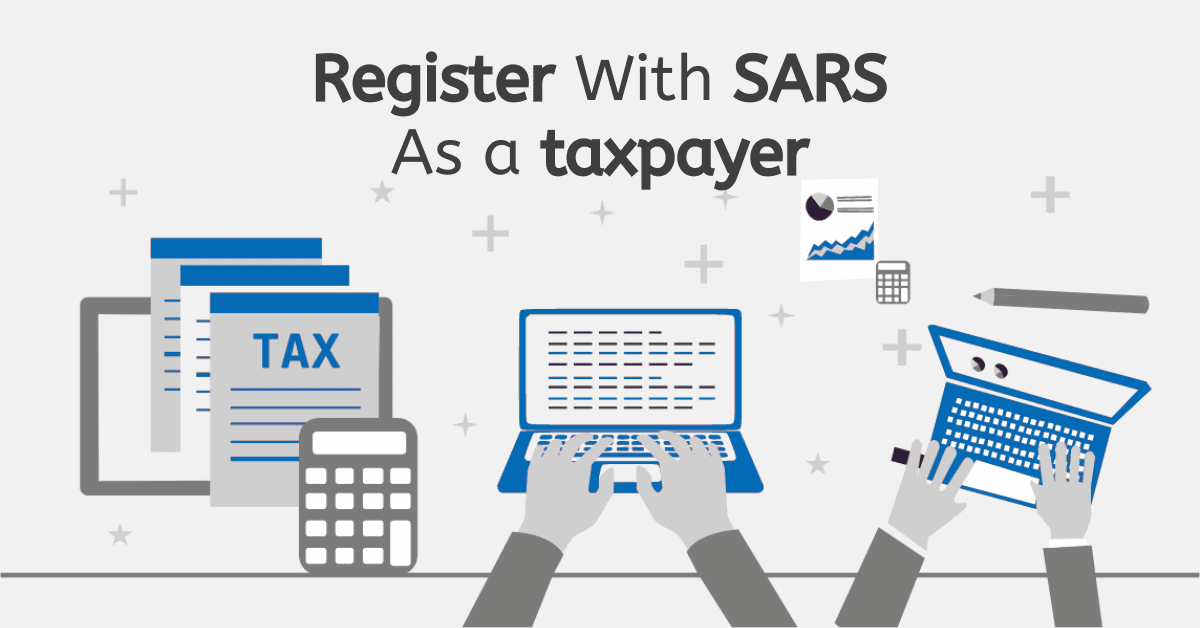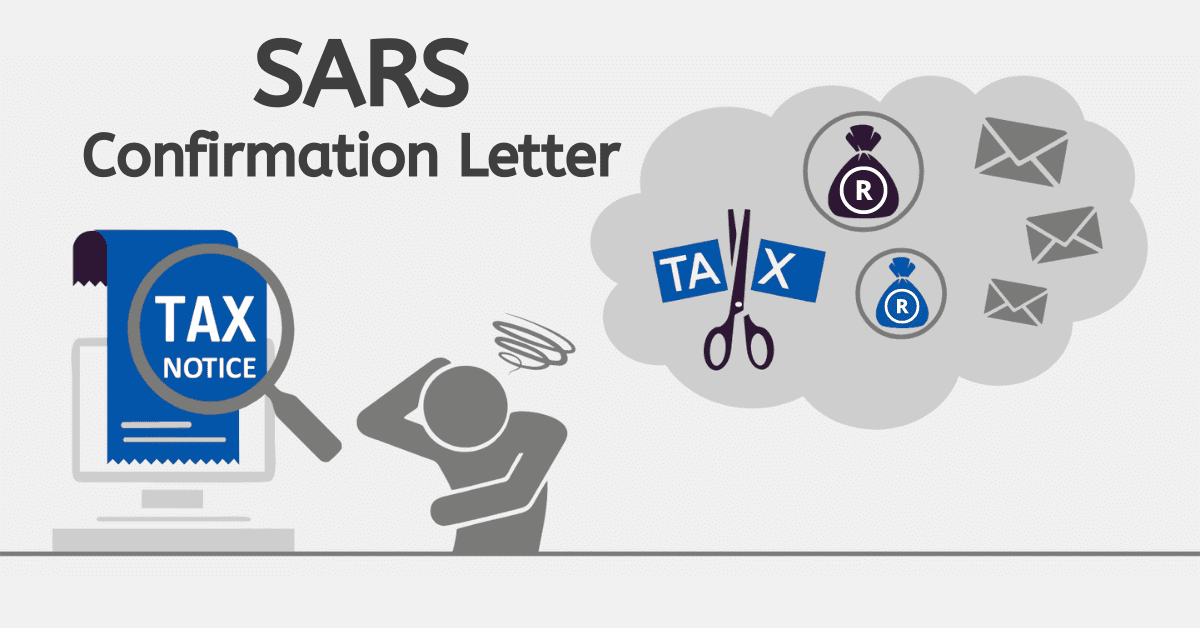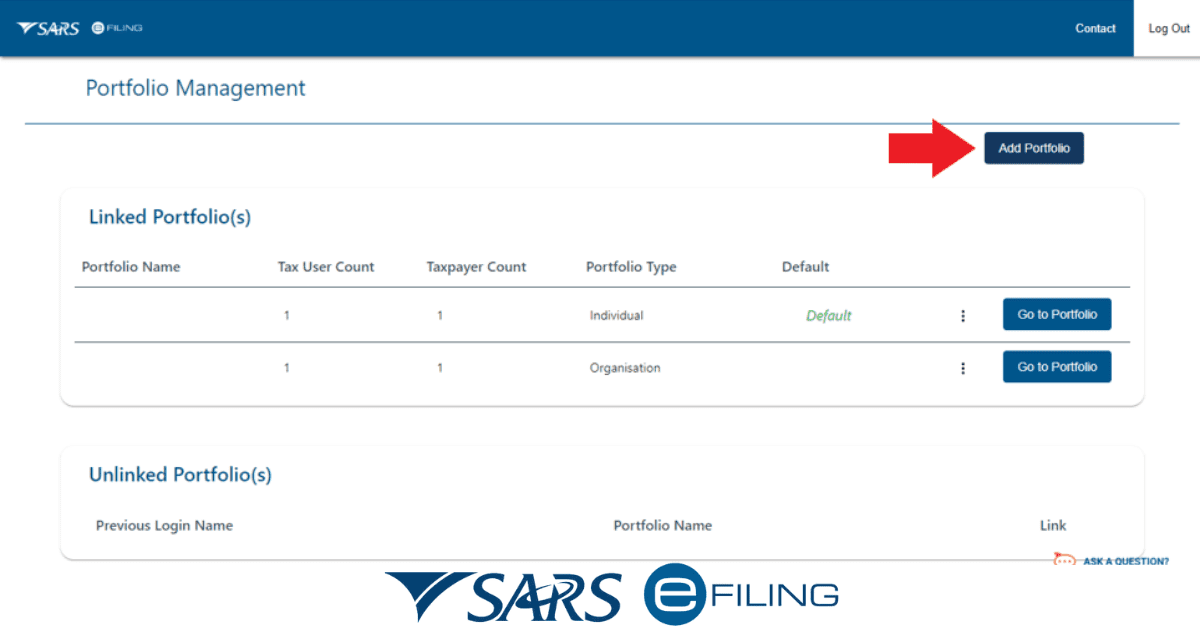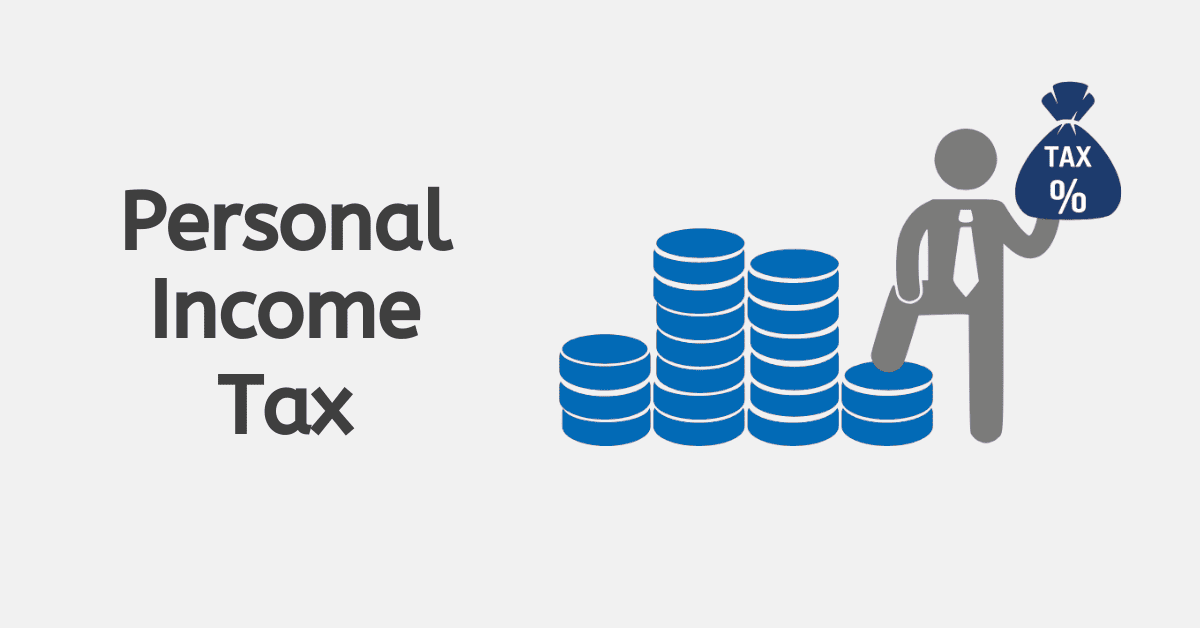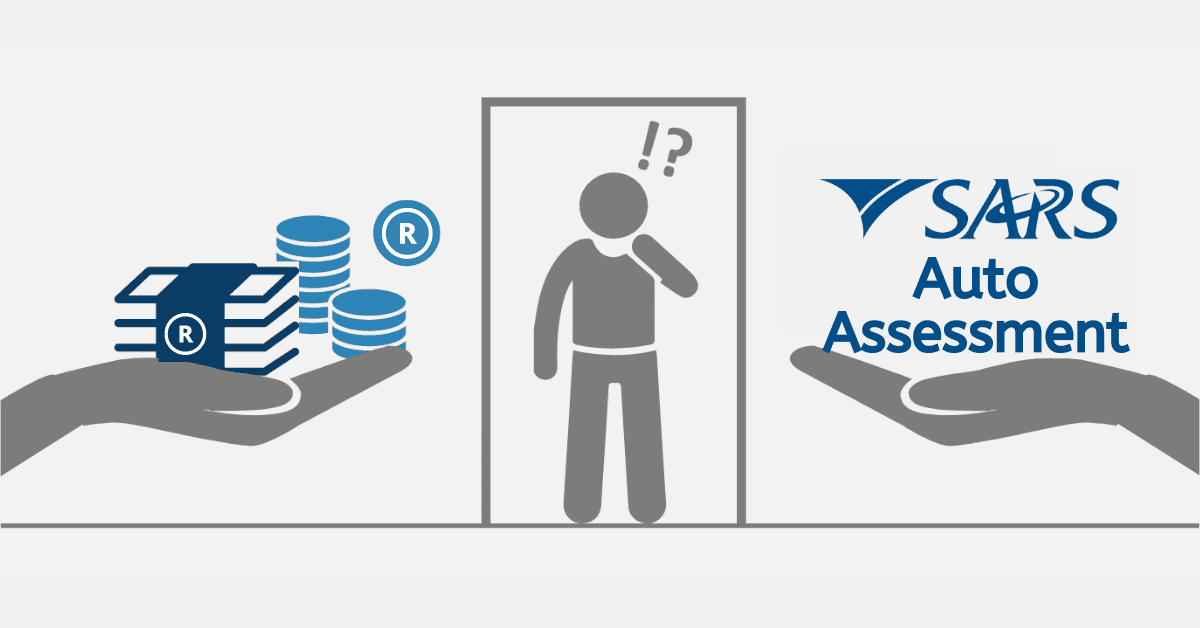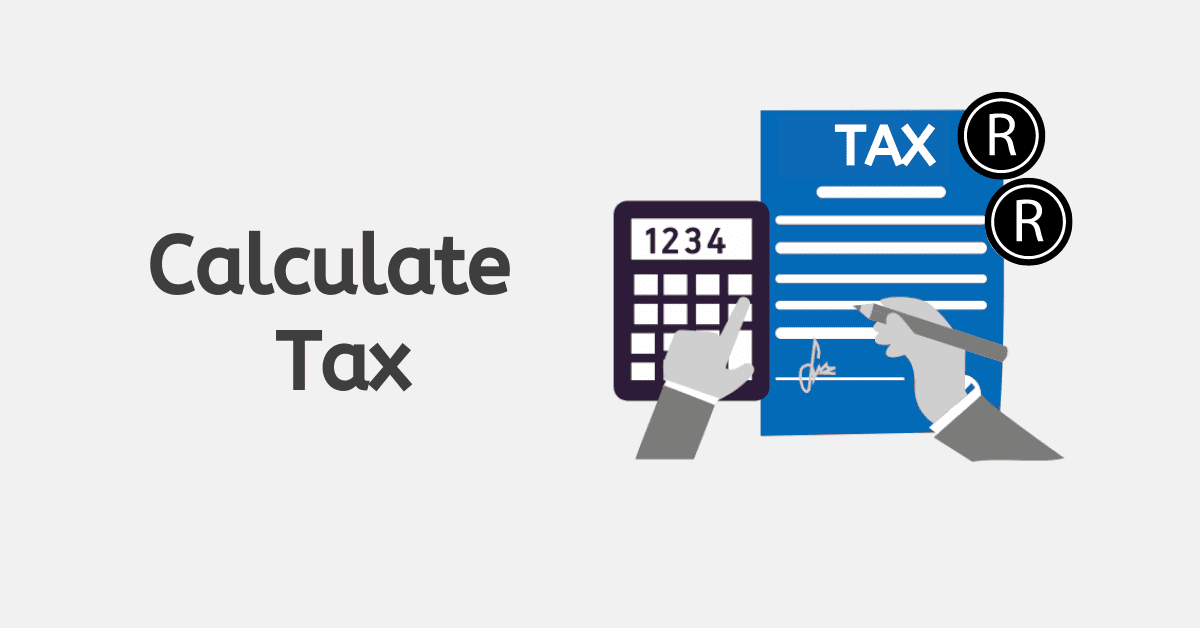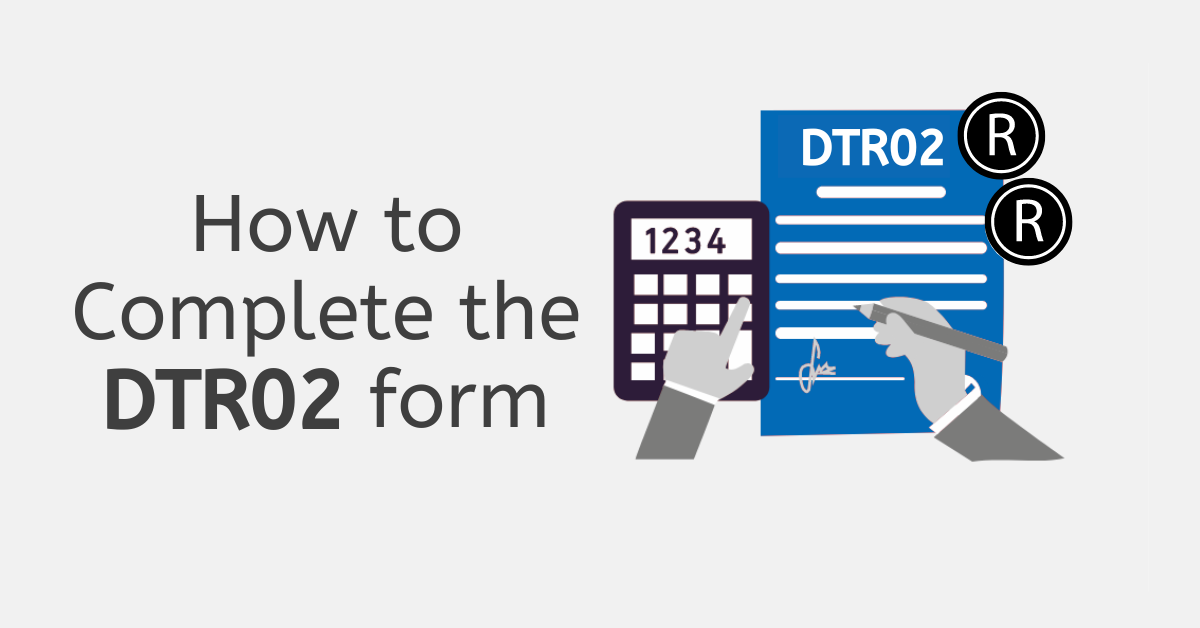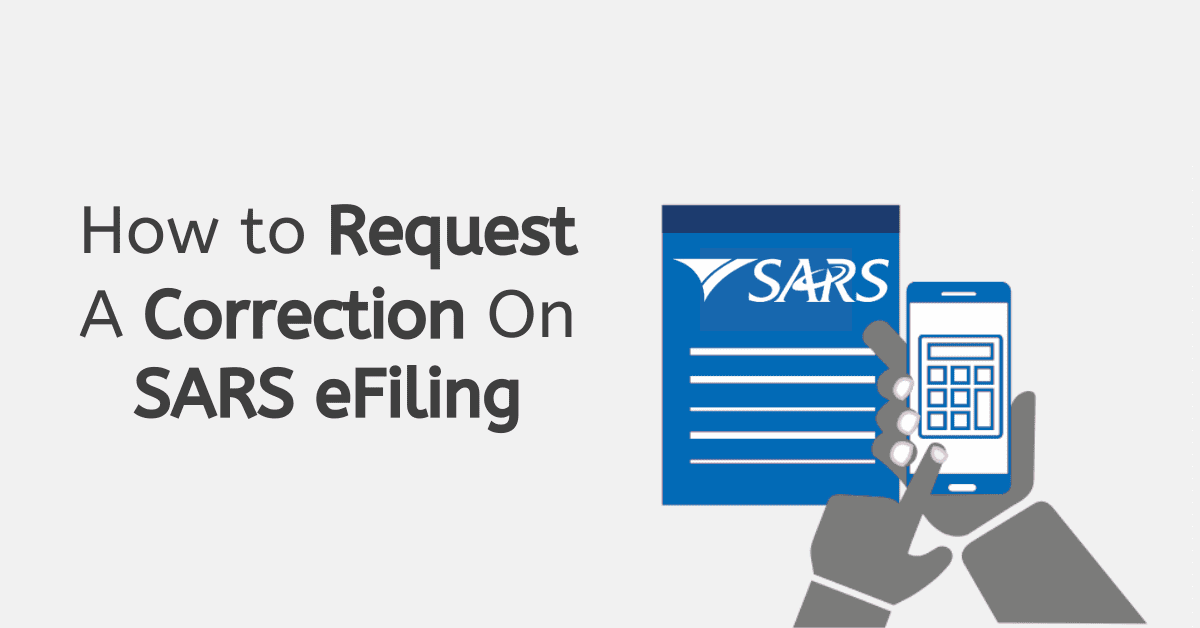There are two types of taxes in South Africa, including direct tax and indirect tax. It is important to know the tax you are liable to pay to be on the right side of the law. The government is responsible for collecting direct taxes, while an intermediary collects indirect taxes. Read on to learn the difference between direct tax and indirect tax.
Difference Between Direct Tax and Indirect Tax in South Africa
The government levies direct taxes on individuals who earn taxable income and businesses. There are different types of direct taxes, and income tax is the most common form levied on the income you earn per year. The government sets specific thresholds for taxable income, and individuals also have several tax deductions.
Corporate income tax (CIT) is another form of direct tax levied on each business. It is the source of the government’s bulk revenue. Those involved in stock trading are liable for paying the securities transaction tax whether they make profits or not.
On the other hand, indirect taxes are collected by intermediaries such as vendors, manufacturers, and marketplaces, especially from consumers. Value-added tax (VAT) is the major indirect tax in South Africa. It is a consumption tax that is levied on the final consumer of all goods and services imported to South Africa.
VAT comes in two rates, the standard rate of 15% and the zero rate (0%), which are determined by the government. Most business transactions in South Africa include VAT tax, which is collected by companies registered with SARS as vendors. VAT covers all taxable supplies from the production up to the distribution chain. However, supplies offered by non-vendors are not liable to VAT.
Customs duties are another form of indirect taxes that are levied on imported goods into South Africa, and the rates range from 3% to 45%. However, South Africa does not impose customs duty on products bought from Namibia, Lesotho, Botswana, and Swaziland.
What Is an Indirect Tax in South Africa?
VAT is an indirect tax in South Africa, and it is levied on the ultimate consumers of goods and services imported to South Africa. The tax is paid to registered consumers, who will then remit it to SARS. Excise duty is another type of indirect tax in South Africa that is applied to products bought from other countries. However, products from other countries in Southern Africa are exempt from paying excise duty.
What Is a Direct Tax in South Africa?
Direct tax is levied on individual taxpayers or companies, and they should pay directly to the government. Income and corporate taxes are the major types of direct taxes that contribute the bulk of the government’s revenue. If you earn taxable income, you should pay tax to the government, known as pay-as-you-earn (PAYE).
There are different types of income received by individuals which are taxable, which include the following:
- Salary, wages, bonuses, taxable benefits, and overtime pay
- Profits generated from business as well as losses
- Income coming from a trust
- Profits or losses from rental income
- Money from royalties
- Director’s fees
- Investment income including foreign dividends and fees
- Pension income
- Annuities
- Capital gains
If you earn more than R91 250 and you are below 65 years during the 2025 assessment year, you are liable to pay income tax. The tax threshold for individuals above 65 years, but below 75 years is R141 250, and R157 900 for taxpayers above 75 years.
The Republic of South Africa levies Corporate Income Tax (CIT) on companies operating in the country. Non-resident companies operating through a branch are also subject to paying tax to the government. The Income Tax Act (1962) states that the companies liable for paying tax include the following:
- Public companies (“Ltd”)
- State-owned companies (“SOC”)
- Private companies (”Pty (Ltd)”)
- Non-profit company
- Personal Liability Company (“Inc”)
- Co-operatives
- Close Corporations (“CC”)
- Small Business Corporation (s12E)
- Collective Investment Schemes
- Share Block Companies
- Body Corporates
- Public Benefit Companies
- Dormant Companies
What Is the VAT Act?
Value Added Tax Act 89 of 1991 is the statute in South Africa that imposes the collection of VAT. This legislation falls under the ambit of the Minister of Finance, also known as the Commissioner of SARS. The Minister is responsible for implementing the Act. The purpose of the VAT Act includes the following.
- Provide for taxation of importation and supply of goods
- Amend Stamp Duties Act 1968
- Amend the Transfer Duty Act 1949
- Repeal Sales Tax Act 1978
The vendor registered with SARS charges VAT on taxable goods and services using the standard rate of 15% or 0%. However, there are few goods that are exempt from VAT.
What Is the VAT Rate in South Africa?
The VAT rate in South Africa applies to certain goods and services usually imported into South Africa. The standard rate is 15% or zero rate (0%). When the zero rate is applied, the product is exempt from paying VAT. VAT is applied at all stages of the production and distribution process, and it is non-cumulative. VAT is usually payable on the importation of goods into South Africa.
When you work or operate a business in South Africa, you should know that you are liable for paying taxes to the government. For individual taxpayers, they should earn taxable income as determined by the government, and this is known as direct tax. There are different forms of direct taxes paid by individuals and corporations. Furthermore, consumers of certain goods and services are also liable to pay indirect taxes in the form of VAT.
